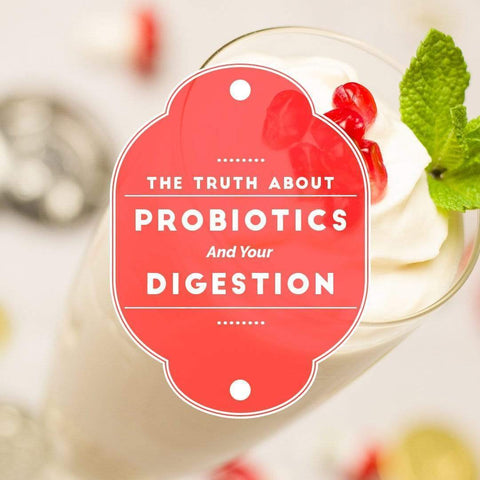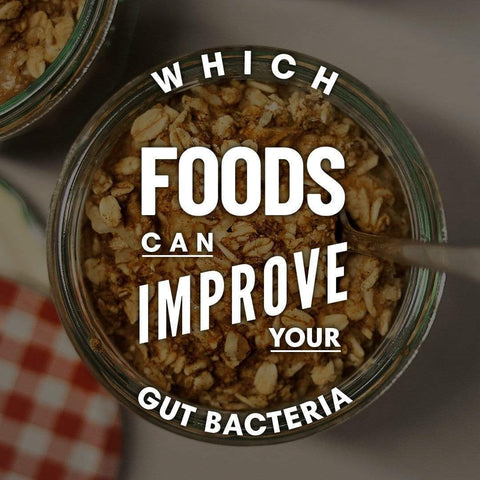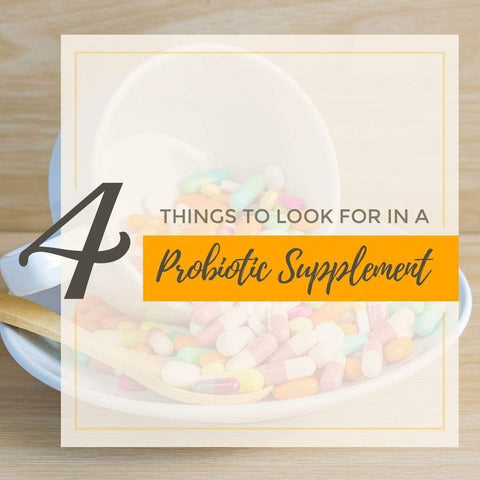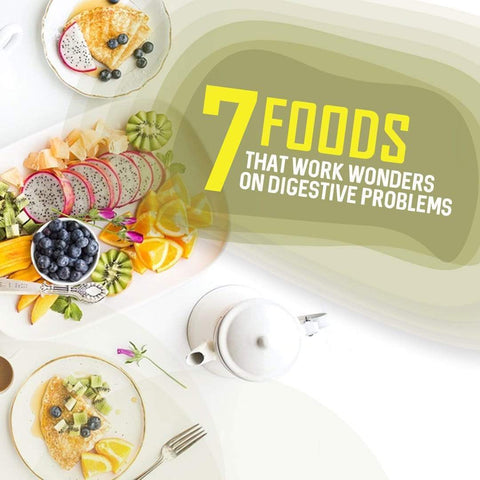
Kombucha has become a hot health drink over the last decade. You may have seen people drinking it in yoga classes or enjoying it for its slight carbonated sweetness or health benefits.
What is kombucha anyways? It’s essentially sweetened and fermented tea. Green tea and black tea both come from the tea plant, and either can be mixed with sugar and fermented by a colony of bacteria and yeast.
Kombucha was created in China over 2000 years ago and was supposedly imported to Japan, where it helped alleviate the stomach ailment of an emperor 14ƚ<.>
It has a nice, refreshing, slightly sour taste – if that’s what you’re into. But is it good for you? After all, it has a long history of devoted proponents.
Well, tea is good for youƚ. Decades of research makes that pretty clear. But does fermenting the tea and introducing new bacteria and yeast into the mix cause new problems or benefits with the drink.
Let’s take a look at the potential upsides and downsides of drinking kombucha.
Benefits of Kombucha
1. More Energy

Many people feel more energized when they drink kombuchaƚ. Researchers have backed up these reports, labelling kombucha as “energizing” 1ƚ.
Evidence suggests that kombucha increases the expression of the NAD+ enzyme – an enzyme that is responsible for energizing your body and your mitochondria (energy-producing organelles) to produce energy more efficiently 2ƚ.
The flavonoid antioxidants in kombucha may also help reduce muscle fatigue during exercise and contribute to robust energy production in your cells 3.
2. Lowers Blood Sugar and Cholesterol
Millions upon millions of people in the developed world have high blood sugar levels and cholesterol. Processed food, overeating, and stress all contribute to these potentially harmful conditions.
There’s evidence that kombucha can work its magic against these health risks 4ƚ. Kombucha can be “considered as a potential strong candidate for future application as a functional supplement” in balancing blood sugar, researchers claim 4ƚ.
Exclusive Bonus! Download the FREE report ‘32 Top Ways To Boost Digestive Health’ by clicking here.
3. Improves Gastrointestinal Health
Kombucha is a great source of probiotics since it’s made from fermented teaƚ. As fermentation takes place, beneficial bacteria form in the liquid.
Probiotics have far-reaching benefits on the health of your gut and body. In the gut, probiotics help absorb nutrients, lower inflammation, and keep gut tissue healthy 5ƚ. Research has also shown that probiotics can boost immune function, improve mood, fight allergies, and lower bad cholesterol 5ƚ.
4. Kills Bacteria
Kombucha gives you good bacteria, but it can also kill bad bacteria 6!ƚ Researchers think that there are multiple antimicrobial compounds in kombucha that are responsible for killing bacteria that can make you sick, such as E coli and salmonella 6,7ƚ.
Kombucha contains acetic acid, which can kill bad bacteriaƚ. If you haven’t tasted kombucha, you’ve probably tasted acetic acid in vinegar. It’s no wonder why that strong, sour taste can suffocate pathogens.
5. Fights Oxidative Stress
Kombucha contains antioxidants, and evidence shows that it can reduce the oxidative damage caused by free radicals 8ƚ.
Free radicals can damage tissues in your body, accelerating aging and contributing to disease progression down the road. Several antioxidant acids are formed during the fermentation process in kombucha. This makes the drink have more antioxidant power than black tea, the tea that kombucha is sometimes fermented from 9.
Downsides of Kombucha
Are there pitfalls to drinking kombucha?
1. Rare Negative Reactions To Kombucha

The evidence on the downside of kombucha is pretty slim, but researchers have noted allergic reactions in at least a few cases 10. Rare cases of nausea, head pain, and neck pain have also been noted, and the cause of this is not clear 10.
2. Poor Fermentation Conditions – Toxicity
Also, if kombucha is cultivated in contaminated kitchenware or materials, toxic substances like lead can seep into the kombucha 11. Chances are, though, popular kombucha brands you buy at the store have quality control measures that protect against this sort of contamination. So ask the producers directly about their quality control if you’re concerned.
3. High-Sugar Brands
Some brands of kombucha pack in the sugar. This isn’t good because the high sugar content may negate the health benefits of kombucha. Look for low sugar brands. -The kombucha you buy should only have a few grams (approx. 4) of sugar in a bottle. Some brands add cane sugar that leaves the bottle with over 10 grams of sugar.
4. Kombucha Can Contain Candida
Some practitioners see candida yeast as being responsible for some chronic gastrointestinal issues. One downside of kombucha is that it can contain this yeast 12,13. Kombucha may only sometimes contain candida, but if you or your practitioner thinks that you are susceptible to yeast infections, you may want to stay away from kombucha.
Want the benefits of Kombucha without the downsides?
The real benefit of Kombucha is in the probiotics.
Probiotics are healthy bacteria naturally found in the gastrointestinal tract. They aid in the digestion of food and keep bad bacteria and fungi from multiplying, creating excess gases and taking over†.
In short, they help preserve the natural health of your GI tractƚ.
The problem is most of us simply don’t get enough probiotics from our diets. Plus, many probiotic supplements are low dose and/or the bacteria are killed by harsh stomach acids before getting to your gut where they are needed.
At Nutracraft, we have developed a premium high dose probiotic called Probio-40.
Each serving contains 4 strains of 40 billion healthy stomach-acid-stable, gut-loving bacteria, and is specially formulated in easy-to-take capsules that effortlessly pass through harsh stomach acid to your gut, where they can do the most good.
Don’t wait another day to get the relief you deserve. With a 100% money back guarantee, you have nothing to lose.
Click here to find out how Probio-40 can help improve your digestive health.










